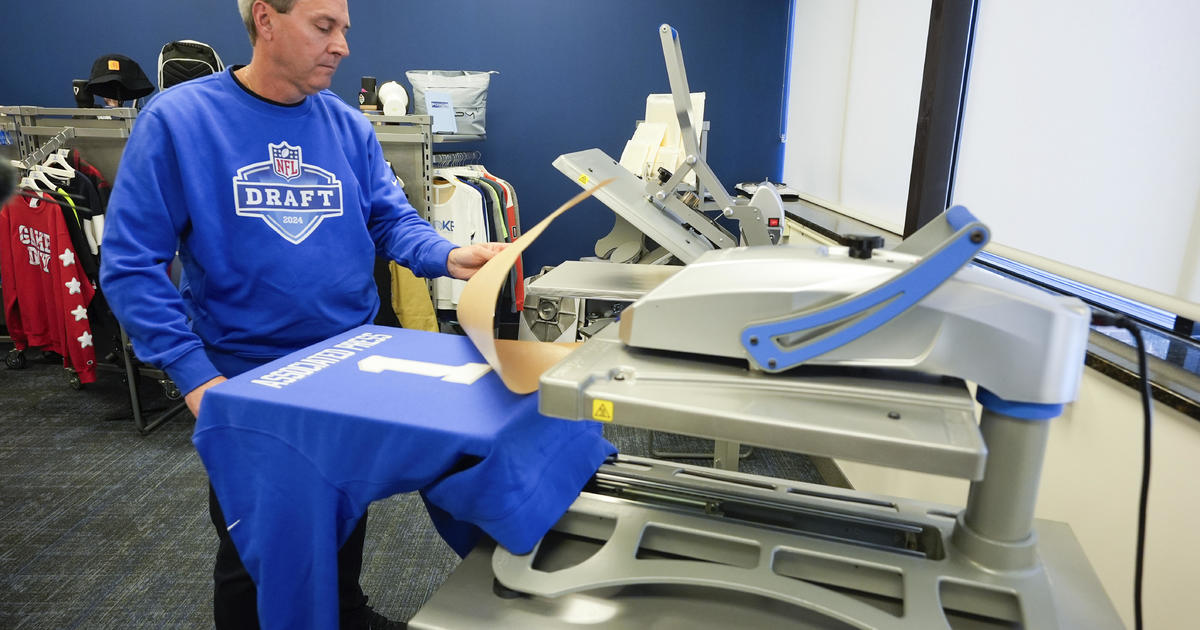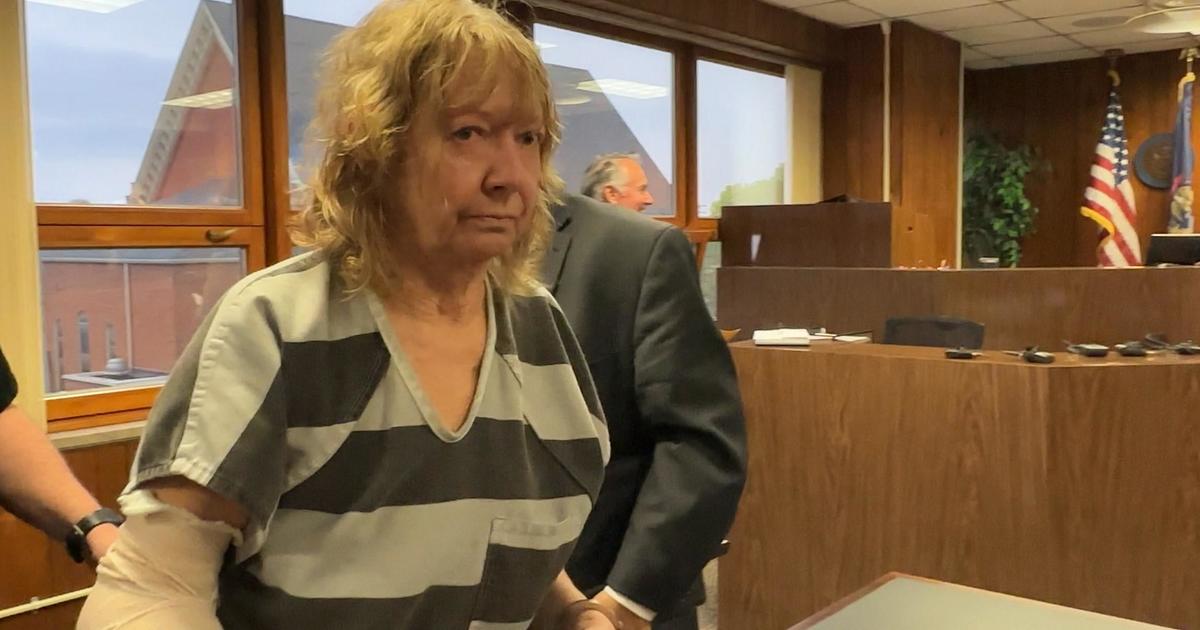14 UM Researchers To Speak At World Stem Cell Summit
University of Michigan researchers will present updates on groundbreaking clinical trials, new insights into basic stem cell biology and reports on some of the latest technical advances at the 2010 World Stem Cell Summit in Detroit next month.
Fourteen UM researchers and staff members will make presentations. More than 1,000 people from 30 countries are expected to attend the event, Monday, Oct. 4, through Wednesday, Oct. 6, at the Marriott Renaissance Center.
This year's summit will be the sixth annual conference organized by the non-profit Genetics Policy Institute. GPI recently added two sessions to address last month's federal court ruling that briefly halted federal funding for human embryonic stem cell research. "The NIH Guidelines and Sherley v. Sebelius --Implications for the Future of Stem Cell Research" is scheduled for 3:45 p.m. Monday. A town hall meeting titled "Removing Roadblocks to Stem Cell Research -- Sherley v. Sebelius and Beyond" has been added for 4:15 p.m. Wednesday.
The University of Michigan is a sponsor of this year's event, which will bring together stem cell scientists, educators, patients and patient advocates, business people and investors, ethicists, policymakers, government representatives and others. More than 150 speakers will be featured.
"We are excited about the World Stem Cell Summit coming to Michigan," said Dr. Eva Feldman, director of UM's A. Alfred Taubman Medical Research Institute. "Just two years ago, we suffered under some of the most restrictive embryonic stem cell laws in the country. Now, we are among the nation's leaders in stem cell research and especially in new therapies based on stem cell technology. The summit will be a great opportunity to share these discoveries with the rest of the scientific world and, in turn, hear what other researchers have accomplished."
Feldman will deliver a keynote presentation at noon Monday in a session titled "The Promise of Stem Cells and Regenerative Medicine." Taubman will also speak during the session.
At 11:30 a.m. Tuesday, Feldman will moderate a plenary discussion titled "Current and Future Clinical Trials and Stem Cell Therapies." Feldman is overseeing the first clinical trial of a stem cell treatment for amyotrophic lateral sclerosis, a fatal neurodegenerative disease.
The trial is underway at Emory University in Atlanta and involves injecting neural stem cells into the spinal cords of patients with ALS, also known as Lou Gehrig's disease. Feldman will discuss early results from the trial during the plenary discussion.
Sean Morrison, director of the UM Center for Stem Cell Biology, will deliver the summit's science keynote address at 11 a.m. Monday. Morrison will discuss the mechanisms that stem cells use to propagate themselves and how defects in those processes can lead to disease.
The Morrison laboratory studies the regulation of stem cell function in the blood-forming and nervous systems, especially the processes that control stem cell self-renewal and stem cell aging. The lab also investigates the ways in which cancer cells hijack those mechanisms.
At 9:30 a.m. Wednesday, Dr. Max S. Wicha, director of the UM Comprehensive Cancer Center, will explain how cancer stem cell research is being translated into clinical trials. Cancer stem cells are the small number of cells responsible for a tumor's growth and spread. They are believed to be resistant to current chemotherapy and radiation treatments. Laboratory research suggests that blocking the stem cells in a tumor's early stages can prevent a cancer from spreading.
Several clinical trials are currently in progress, with several more in discussions. The trials involve drugs that target a pathway involved in stem cells, combined with a chemotherapy drug to attack the non-stem cells that form the bulk of a tumor.
Researchers recently concluded the first Phase I trial, which enrolled 35 patients at the UM Comprehensive Cancer Center and two other U.S. sites. Wicha will discuss preliminary results from that trial.
At 9:30 a.m. Monday, Edward Goldman, a professor of obstetrics and gynecology at the Medical School, will moderate a plenary discussion about the best-selling book "The Immortal Life of Henrietta Lacks" and its lessons for stem cell researchers and patients.
The book, by Rebecca Skloot, tells the story of Henrietta Lacks, who died of cervical cancer in 1951. Before her death, a sample of her cancerous tissue was taken -- without her knowledge or consent -- and was used to create the first "immortal" cell line, known to researchers worldwide as HeLa cells.
The Lacks story offers several valuable lessons to researchers pursuing new disease treatments that involve the use of stem cells, Goldman said.
Other UM summit presentations include:
* At 9:30 a.m. Wednesday, law professor Rebecca Eisenberg will moderate a panel discussion titled "The Shifting Landscape of Intellectual Property Law and Its Impact on the Future of Regenerative Medicine."
* Sue O'Shea, co-director of the UM Consortium for Stem Cell Therapies and a professor of cell and developmental biology at the Medical School, will moderate a session about pluripotency at 10:30 a.m. Wednesday. Pluripotency is a cell's ability to form all of the cell types in the adult body, and human embryonic stem cells are prized because they possess this trait. Over the last several years, scientists have developed ways to reprogram adult cells into so-called induced pluripotent stem cells (iPS cells), which display many of the same properties as embryonic stem cells. This year, the UM Consortium for Stem Cell Therapies developed iPS cells from skin samples donated by healthy individuals, as well patients suffering from various diseases. Consortium workers are now attempting to grow iPS cell lines that will be used to study disease mechanisms.
* Gary Smith, co-director of the UM Consortium for Stem Cell Therapies and a professor of obstetrics and gynecology at the Medical School, will discuss the integration of microfluidics and fully synthetic hydrogels for the long-term growth and directed differentiation of human embryonic stem cells. Smith's presentation is part of a tissue engineering session at 1 p.m. Wednesday. Smith and his colleagues are investigating the utility of novel micro- and nanotechnologies to derive, grow, manipulate and differentiate human embryonic stem cells. One area of research involves the development of synthetic growth matrices that won't contaminate stem cells with foreign substances. Today's most commonly used growth matrices for human embryonic stem cells are animal-based substances that can cause stem cells to behave in unpredictable ways and can limit their practical use in therapeutic screening and clinical studies.
* Dr. Jack Parent, associate professor of neurology at the Medical School, will moderate a panel discussion about disease modeling at 2:30 p.m. Tuesday. Parent is developing a stem-cell model of a genetic form of epilepsy called Dravet syndrome. The model will eventually be used to test possible treatments for Dravet syndrome and other genetic forms of epilepsy. The work involves reprogramming patients' skin cells into stem cells using induced pluripotent stem cell techniques.
A full summit agenda, as well as information about registration and fees, is available at www.worldstemcellsummit.com.
In addition to the three-day World Stem Cell Summit conference, several UM scientists will participate in the summit's kick-off event, a free Public Education Day at the Detroit Science Center on Sunday, Oct. 3. Public Education Day will include hands-on exhibits, lectures on the fundamentals of stem cell science, and panel discussions on a variety of stem cell-related topics.
Summit sponsors also include the University Research Corridor, comprised of UM, Michigan State University and Wayne State University.
(c) 2010, WWJ Newsradio 950. All rights reserved.



